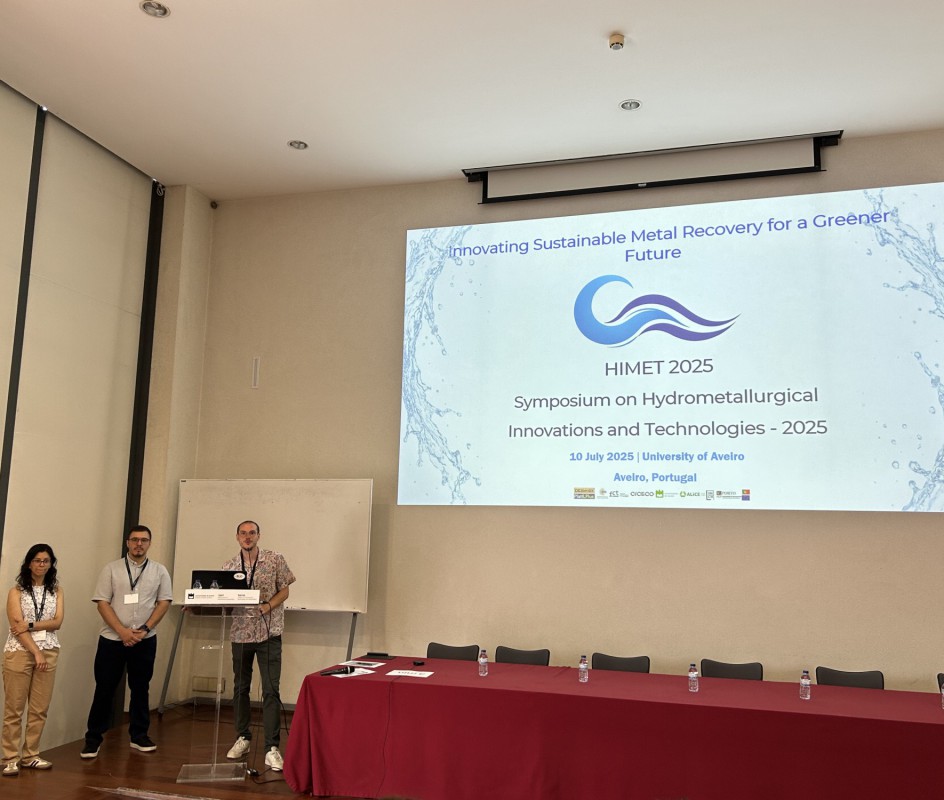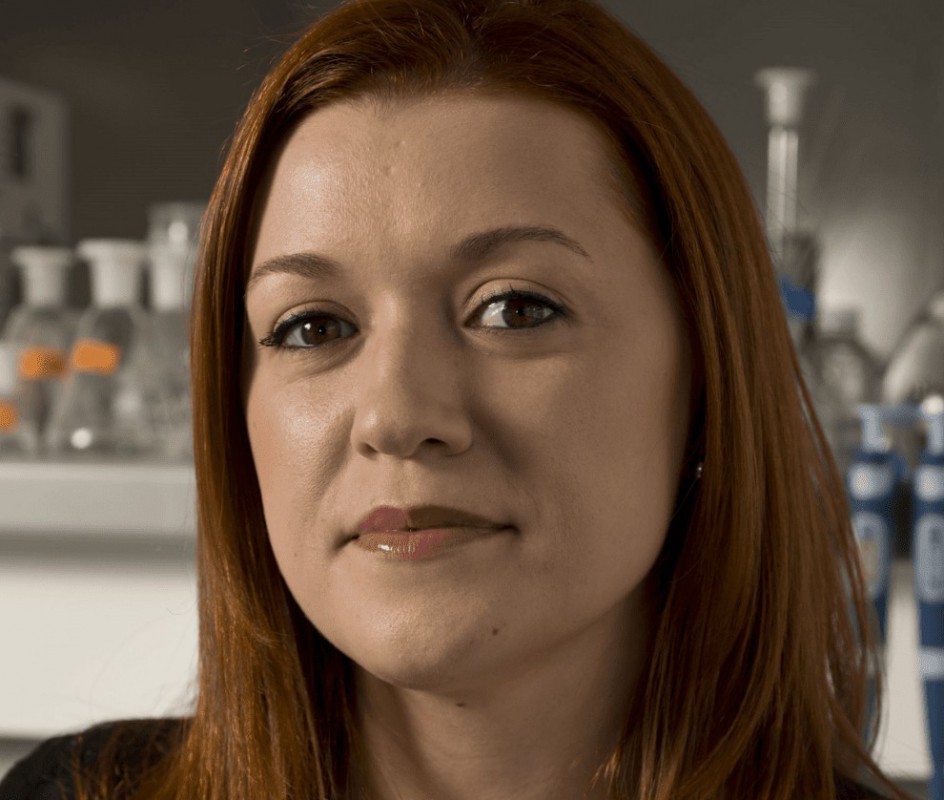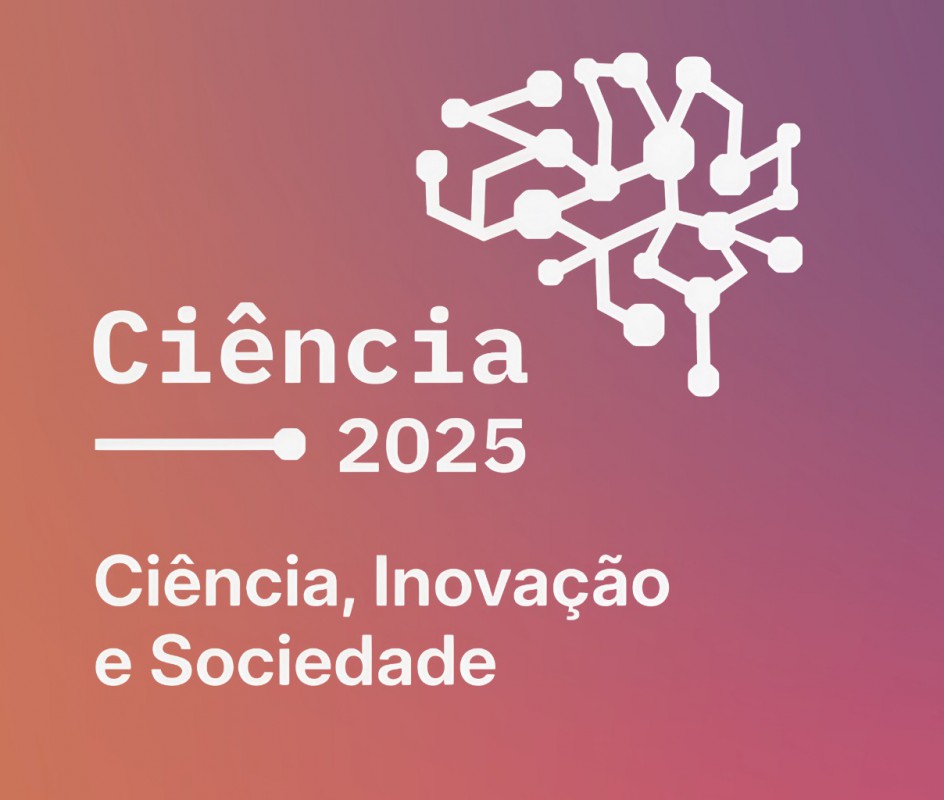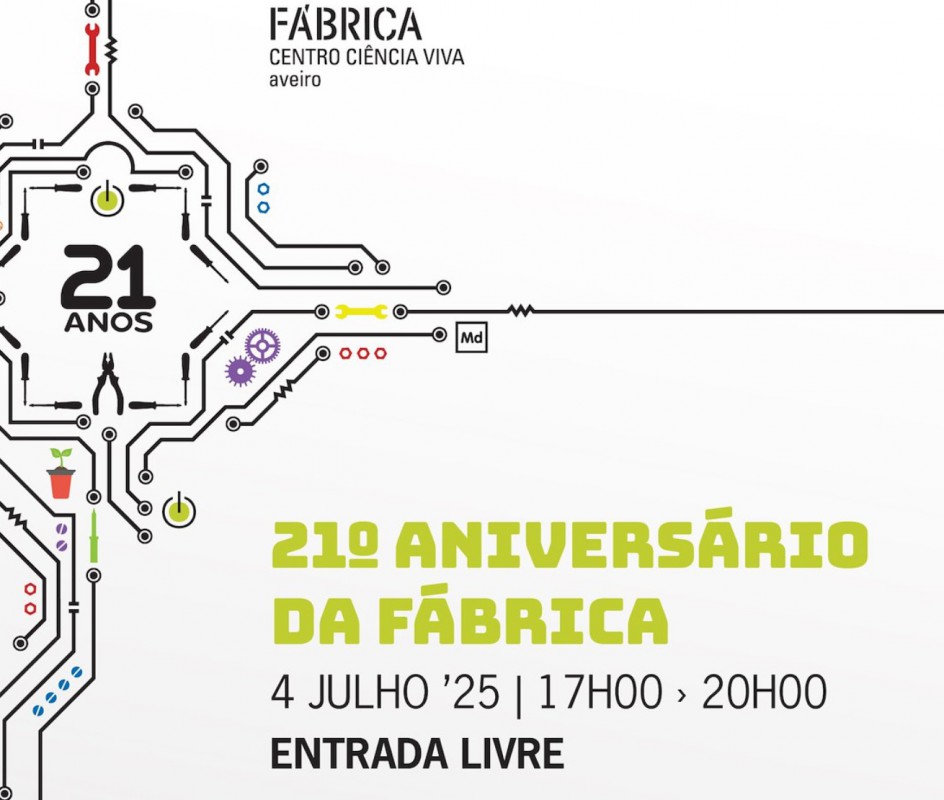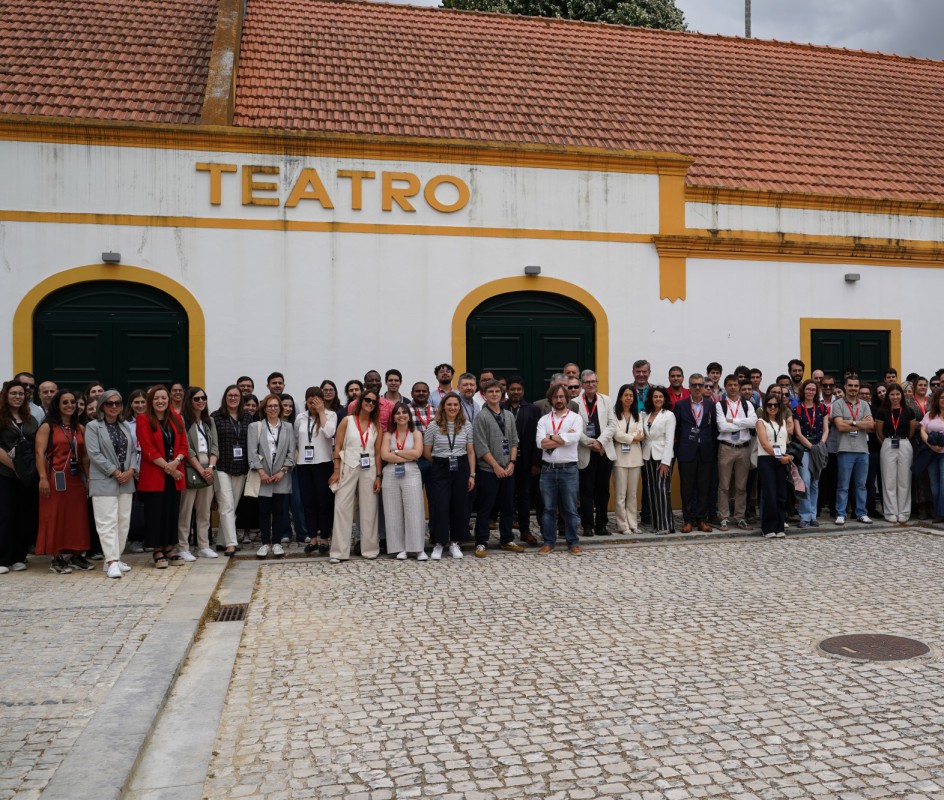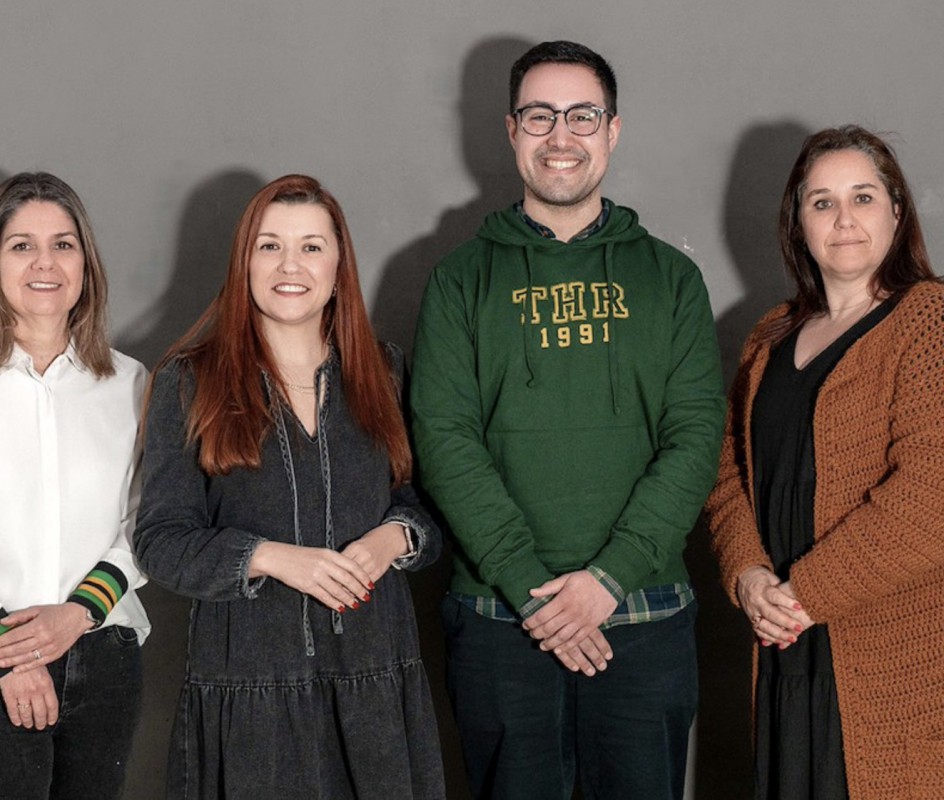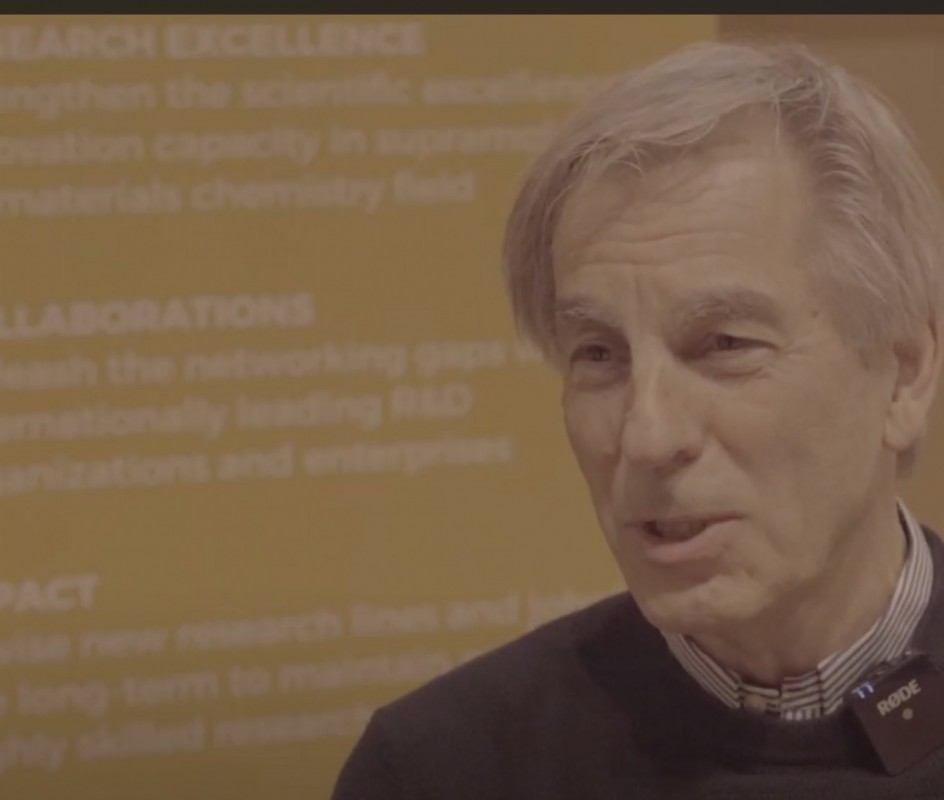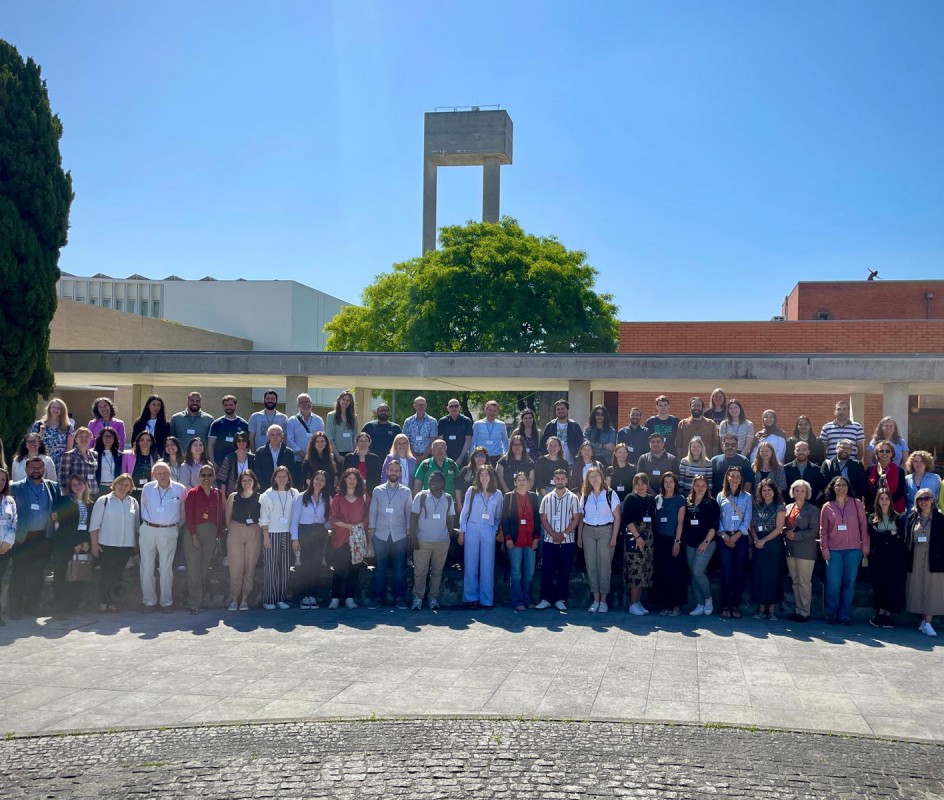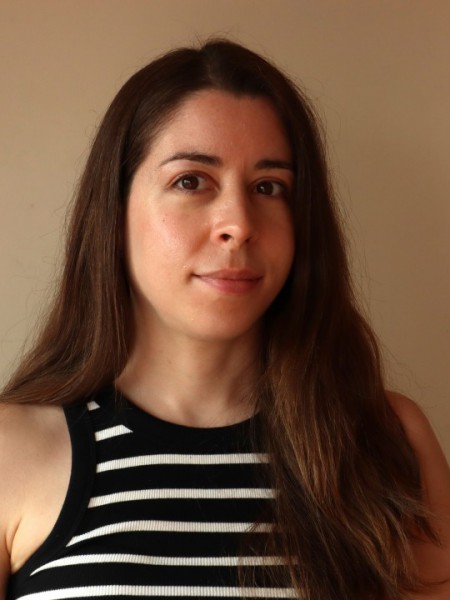
The results of the evaluation of applications for the 6th Individual Scientific Employment Incentive Contest have been announced. This call is intended for Ph.D. holders of any nationality or stateless individuals with a background in any scientific area who wish to pursue their scientific research or technological development activities in Portugal.
In 2023, CICECO achieved a success rate of 19.4%, a significantly higher value than the previous year (2022), which was 14.9%. It is noteworthy that, especially in the "principal investigator" category, this value stands out clearly from the average (14.57%), with a success rate of 23%.
In the context of the sixth CEEC call from FCT (Foundation for Science and Technology), thirteen researchers from CICECO were selected, spanning across all three categories:
JuniorResearcher:
Daniela Lopes
Loleny Tavares
Sofia Soares
Assistant Researcher:
João Rodrigues
Catarina Neves
Paula Barbosa
Helena Passos
Denis Alikin
Paula Torres
Jose Gouveia
Principal Researcher:
Claúdia Nunes
Oleksandr Tkach
Andrei Salak
The support for the hiring of Ph.D. researchers aims to strengthen the national scientific and technological system by creating employment opportunities for Ph.D. researchers, promoting the formalization of scientific employment after the Ph.D., contributing to the attraction and retention of qualified doctors in national territory, and also contributing to the rejuvenation of scientific institutions. It also aims to support, deepen, and specialize in the exercise of scientific research and technological development activities oriented towards solving scientific missions and challenges framed in the United Nations Sustainable Development Agenda for 2030.
Paula Torres, a CICECO researcher in the field of materials and ceramic engineering, now appointed as an Assistant Researcher, emphasizes that the position provides greater career security as well as an interesting financial incentive, essential elements for the continuity of ongoing research. Resilience and confidence are essential factors in all professional areas, she points out, but they have a special meaning in a scientific career since moments of discouragement and apparent stagnation are common. Trusting in the future is essential, Paula Torres concludes.
Claudia Nunes, who obtained a positive result in the category of Principal Researcher, also highlights resilience as a fundamental characteristic in the researcher's work and a crucial element in the career. Neither Paula Torres nor Claudia Nunes expected the appointment, which was received with surprise and joy. "The contest depends on numerous factors, including the evaluators. I have applied for several years and succeeded this year. Of course, the application is always improving, but one must also take into account all the other candidates and the subjectivity in the evaluation. There are no set formulas, so merit and good work are essential but may not be sufficient."
The researcher in the digitization field and the group of 4 - Renewable Materials and Circular Economy - emphasizes that the appointment allows recognition of the work she has been developing over the years and enables her to become an independent researcher for the next six years, with greater freedom and independence. The recognition and credibility of the work developed are also very important, both nationally and internationally.
It is noteworthy that the evaluation considers various factors, including the scientific independence of the candidate, defined by originality, scientific capacity, and international recognition and affirmation, or by doctoral and post-doctoral supervision, or by the ability to attract national and/or international funding. Evaluation panels may use external evaluators who provide opinions on the assigned applications to inform the work and decisions of the panels. Evaluated applications are ranked, in each evaluation panel, in descending order of the final score for each open competition level for Ph.D. researchers and selected up to the number of contracts to be financed.
The hiring of Ph.D. researchers is funded by national funds through FCT and, when eligible, co-financed by community funds.
Related Articles
We use cookies for marketing activities and to offer you a better experience. By clicking “Accept Cookies” you agree with our cookie policy. Read about how we use cookies by clicking "Privacy and Cookie Policy".


